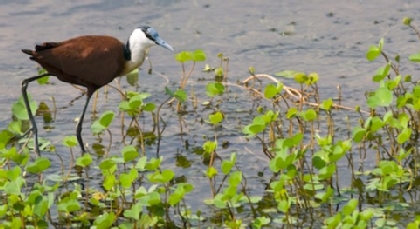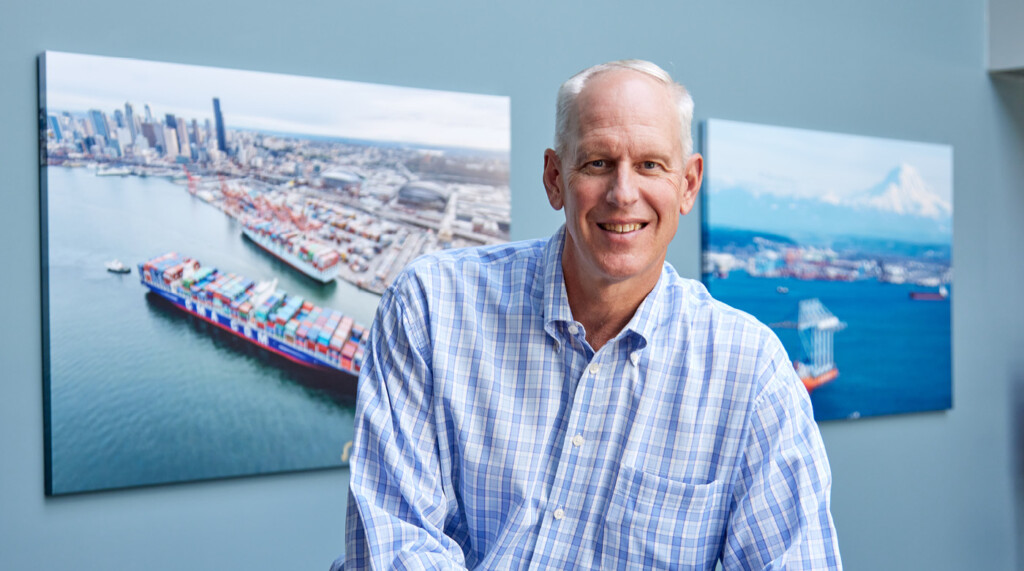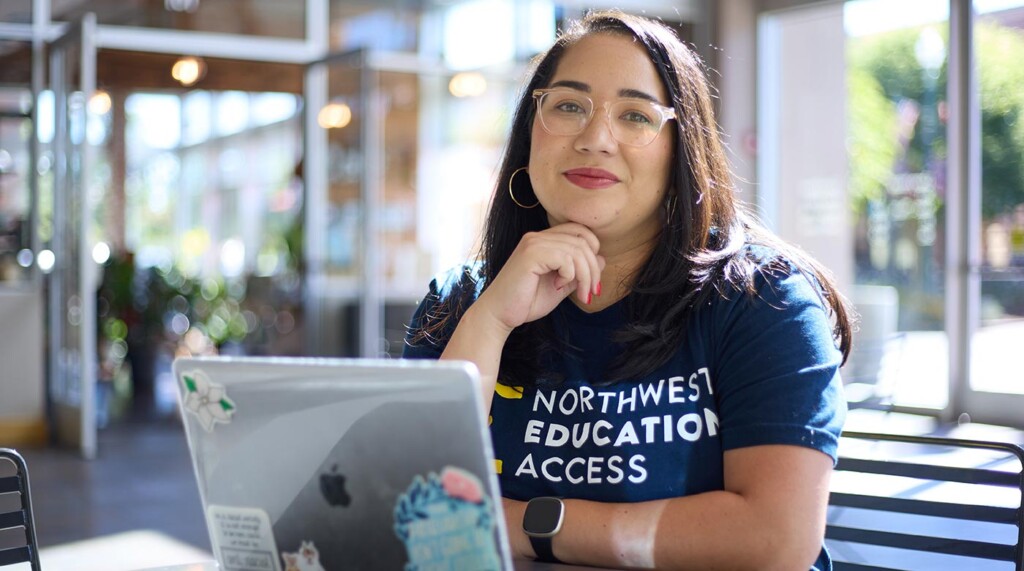Page 40 • (476 results in 0.043 seconds)
-

connections I made will serve me for the rest of my career. If you were to offer advice to other students considering internships, what valuable insights would you share with them based on your experience? MM: The most challenging part of this internship was getting to Seattle. It isn’t easy to find housing, so be aware of that and start searching early if your internship does not provide any accommodations. Other than that, internships like this usually give you what you put into them. Also, make sure
-
students are in completing it. Kakar talks about “milestones” – setting up enough successes early in the year, so that they are able to reach their project goal. All CSCE capstone projects take place over the entire academic year – professors like to get the students thinking about it during their junior year. Any project is going to need many milestones – and a mentor like Kakar to offer support, insight and an occasional whip crack. Even so, there will be enough all-nighters in the project room
-
and I do in our experiments actually bears many parallels to cooking. By varying the amounts or types of ingredients, the order we add them to the pot, and the time and temperature we heat or cool them, we work to eventually perfect the finished dish – the target compound. Safety goggles aren’t powerful enough to actually let us see compounds we make. And, unlike the chemists of the early 1900s, we don’t taste our products in the lab anymore, either. We must use special instruments to help us “see
-

astounding and threatening. From there we headed to Red Chili camp to be welcomed by tame warthogs and cold bottles of Fanta, which is by far the best beverage to have on hot afternoons anywhere in Uganda. Several warthogs onsite were raised by the innkeepers and are quite fearless. At one point in time I was even nuzzled by one. The next day, after a delicious meal and a nice sleep shrouded under a mosquito net we headed bright and early, 6:15 to be exact, into the savanna of Murchison Falls. Hasan shot
-

By Kiara Revilla Beijing, China – Day 3 Today was by no means a busy day but it was definitely an eventful day. We started out with the luxury of getting up a little later then usual (meeting at 9:30!). Our breakfast was the usual mix of fried rice, toast, and fried duck eggs. The first stop was the art district. With our early start most of the streets were deserted and we got to look around all by ourselves. The streets were filled with modern art as well as traditional Chinese art. You could
-

Rieke Science Center and Morken Center By Matthew Salzano ’18PLU Marketing & Communications TACOMA, Wash. (March 20, 2015)—Just as spring springs, a new building has begun to peek out from the soil in lower campus: Pacific Lutheran University’s new greenhouse is starting to grow.The 1,700-square-foot, stand-alone Carol Sheffels Quigg Greenhouse is expected to open early to mid-August, with a formal dedication in September 2015. “It’s going to be a wonderful addition to the biology program at PLU by
-

the science team support the probe. The visualization tool is going to be an orbit plotter that will show the orbit for the probe. How did a sophomore student from the West Coast get an internship with NASA in Maryland? I wanted to apply for something NASA-related since my first year at PLU. My original plan in early high school was to do something business-related because I like math. I always had a soft spot for astronomy. I just didn’t know what I could do with it. I eventually took a physics
-

works is you submit a resume, cover letter, personal essay and a few other materials, all to the intern coordinators themselves. The interviews are kind of intense. There’re questions literally built to scare you. Some (senators’) offices go through interviews, but I didn’t have to do that. Sen. Liias’s office picked me. I got a notice early on that I was picked for his office, was really happy about it, and have enjoyed my time here. PLU: What kinds of things have you been doing? Knapp: I’m in
-

your bachelor’s degree at PLU. You’ll have some great knowledge and skills to offer, but you should still be focused on growth. Early in your career, especially, look for jobs that will support that. It will set you up to have lots of options and opportunities down the road. Lute Powered is a project highlighting PLU alumni at some of the most well-known organizations across the Puget Sound region. Mark Miller is the first of three Lutes being featured from the Port of Tacoma and Northwest Seaport
-

-school population or who face significant barriers, such as early parenthood. “How can we support young people that traditional high school doesn’t work for, and continue to support after high school ends?” Pierce asks. “Why are students of color and students with more barriers leaving? How can we continue to provide and do better? Who are we not including, not asking?” Pierce-Ngo started her career providing one-on-one counseling to students who left school, then later moved into other roles that
Do you have any feedback for us? If so, feel free to use our Feedback Form.


